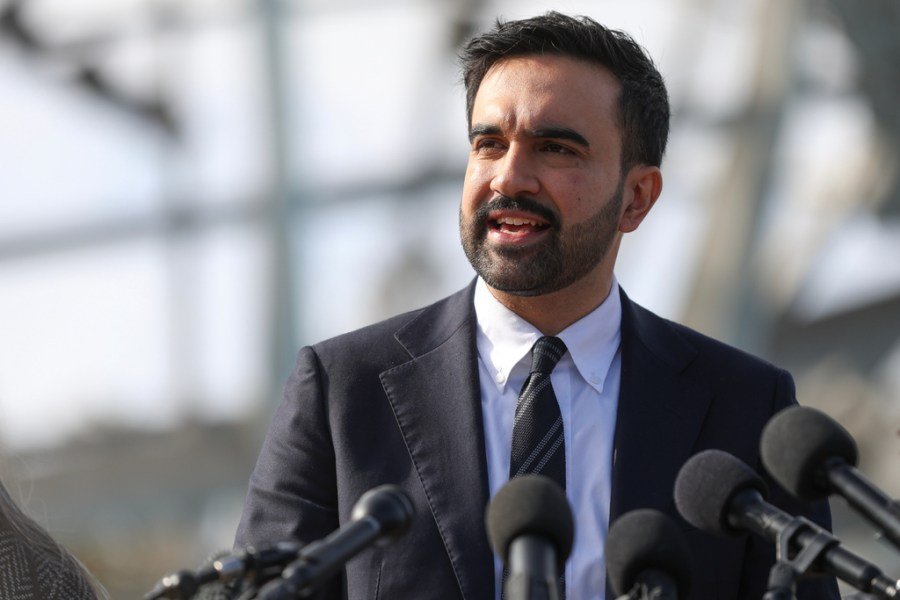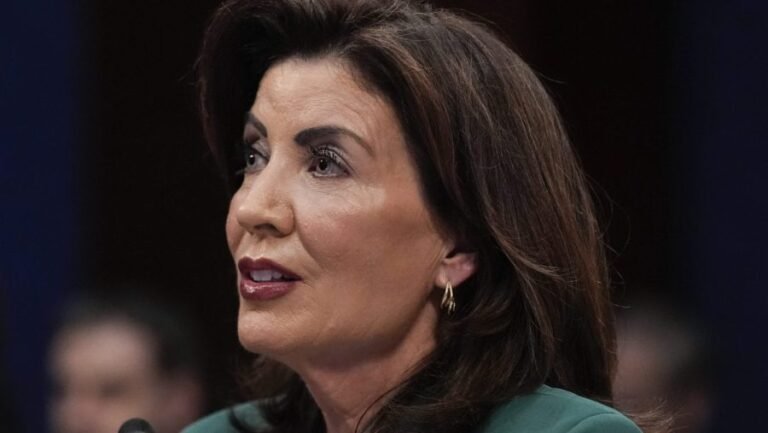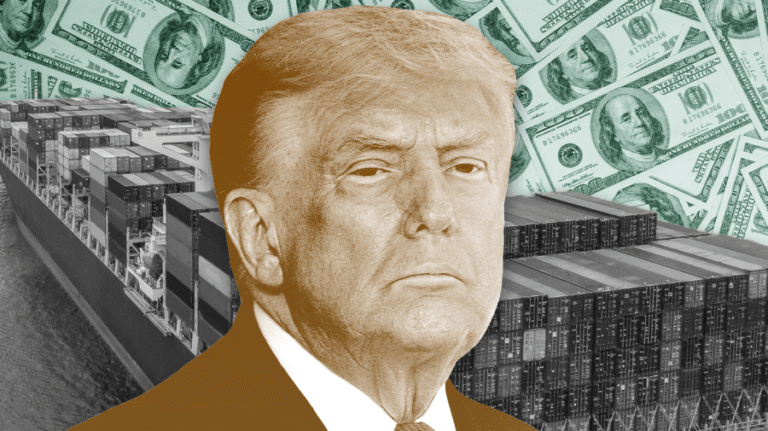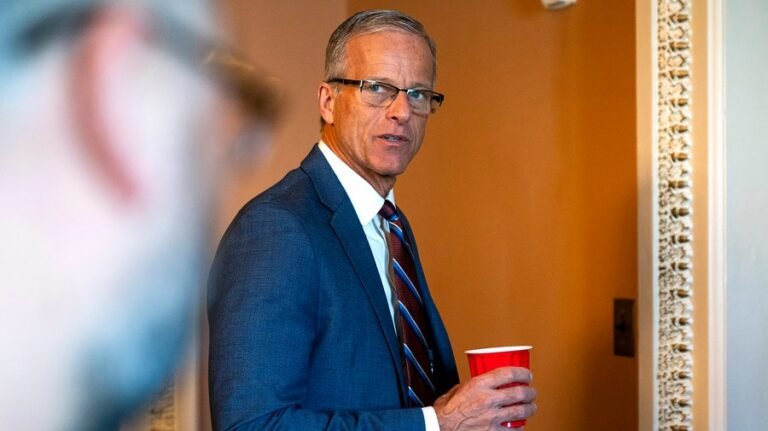
The overwhelming victory of Zohran Mamdani in the New York City’s mayoral race is notable, both for that city and for the broader Democratic Party establishment.
Mamdani, a Muslim of South Asian descent, self-described democratic socialist defeated his closest rival former New York Gov. Andrew Cuomo by an impressive margin and did so without the support of the mainstream Democratic establishment and big money donors. He defied and thwarted Islamophobic, antisemitic and other vicious attacks hurled at him from many influential quarters. He prevailed with the support of common New Yorkers.
Mamdani’s win puts a spotlight on the divide between centrist/moderate Democrats and the more progressive wing. His success was built in part on a platform addressing cost of living, affordable housing, childcare and foreign policy stances notably on the Palestinian-Israel issues.
Some Democrats may worry that a candidate with more radical leaning policy positions may be more vulnerable in a general election, especially in some swing districts. The establishment’s discomfort with Mamdani underscores that fact.
However, Mamdani’s victory may embolden young progressive candidates around the country to run bold campaigns countering personal backlashes including racial and ethnic slurs. His win signals that the Democratic Party is open to more progressive, grassroots and youth-led movements. It also raises questions about how to balance that with broader electability, coalition maintenance and geographic diversity.
What strategic lessons the Democrats can learn from the Mamdani campaign?
1. Rethink the voter base: Expand the tent through active, not assumed coalitions.
2. Prioritize economic pain points over abstract messaging.
3. Nurture non-traditional candidates and protect them from slander and abuse.
4. Lean into ideological diversity, don’t run away from it.
5. Pair diversity with delivery.
The Democratic Party now faces a test: Can it translate Mamdani’s brand of bottom-up politics into a broader governing vision without alienating moderates? His win may not redefine the party overnight, but it has redrawn its map.
Mamdani’s victory is more than a local upset — it’s a message that the Democratic Party’s future may depend on listening to the energy bubbling up from its grassroots. Whether the party embraces that energy or resists will determine not just its next nominee, but its identity in the decade ahead.
M. Osman Siddique served as ambassador to Fiji, Tonga, Tuvalu, and Nauru from 1999 to 2001. He was America’s first serving Muslim ambassador and chief of mission.


